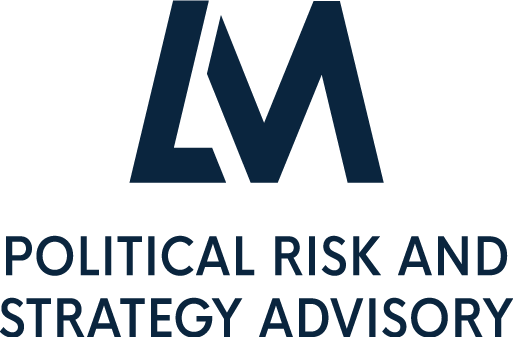Managing environmental risk is now a critical component of doing business in the Pacific Rim, with rising sea levels, global warming and more frequent natural disasters. “We must double down on efforts against climate change as well as develop mitigation and adaptation strategies”, said Chair of the 15thAsia Pacific Business Forum, David Morris, who also warned about the dangers of protectionism.
The Chair of the 15thUN Asia Pacific Business Forum, David Morris, is a political risk consultant and is Senior Expert, Asia Pacific, with L&M Prisk.
“Climate change is for many nations the biggest challenge in the Asia Pacific”, said Mr Morris, a former Trade Commissioner to China representing sixteen small Pacific Island Countries, and former Australian diplomat. “Much of our population lives in coastal cities or islands that will face the early impacts from global warming. We need governments to address climate change but also business needs green finance and innovation to develop industries of the future that will have less environmental impact as old non-renewable business models face redundancy.
“The uncertain definition of ‘sustainability’ means that the market does not yet understand how to price risk. Businesses across all sectors need strategies for climate and disaster resilience. At a time of global disruption and structural change, it is more important than ever to consider grey rhino risks like environmental factors”, Mr Morris said. Grey rhinos are considered to be highly probable and high impact but neglected risks.
The current global retreat from globalisation was another risk for business in the Asia Pacific. “We have many strong development models in our region, demonstrating the benefits of political stability, investing in education and infrastructure and openness to the world for trade and investment. A return to the discredited policies of protectionism and trade wars constitutes another grave risk for businesses benefiting from global supply chains in the Asia Pacific”, he said.
These and other themes were discussed at the 15thUnited Nations (UN) Asia Pacific Business Forum, the annual business forum of the UN Economic and Social Commission for Asia and the Pacific (ESCAP), which was held this year in Port Moresby, capital of Papua New Guinea.
ESCAP estimates the Asia Pacific region, experiencing rapid economic growth, requires an additional $1.5 trillion in investments by governments and business to achieve the UN Sustainable Development Goals by 2030. This is believed to be within the capacity of the region’s public and private sectors, if adequately prioritised. The challenge will be to ensure such investment is sustainable.
Speakers at the Forum addressed the opportunities and risks for small and medium sized businesses entering and surviving in global supply chains. Large regional businesses and organisations presented on the digital economy revolution, the transformation of service industries and infrastructure and connectivity investment and gaps.
The APEC Haus in Port Moresby
The 15th Asia Pacific Business Forum was the first time that this prestigious regional business event has been brought to the Oceania region and its first time to Papua New Guinea, which had hosted the Asia Pacific Economic Cooperation (APEC) Leaders Meeting the year before. The custom-built APEC Haus was the venue for the UN Forum and it was attended by 300 local and international business leaders.
Papua New Guinea is a rapidly developing, resource-rich nation with ambitious plans for new infrastructure and industry development. With a pristine natural environment and rich cultural diversity including 850 languages, it is an investment destination with complex political risks and prospective investors are advised to seek expert advice.


